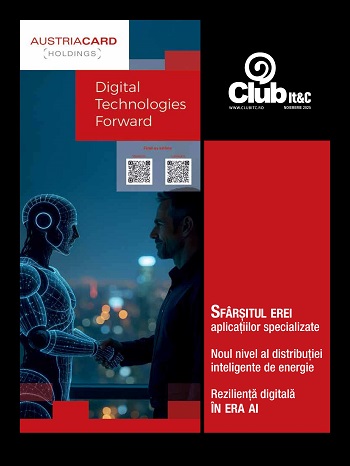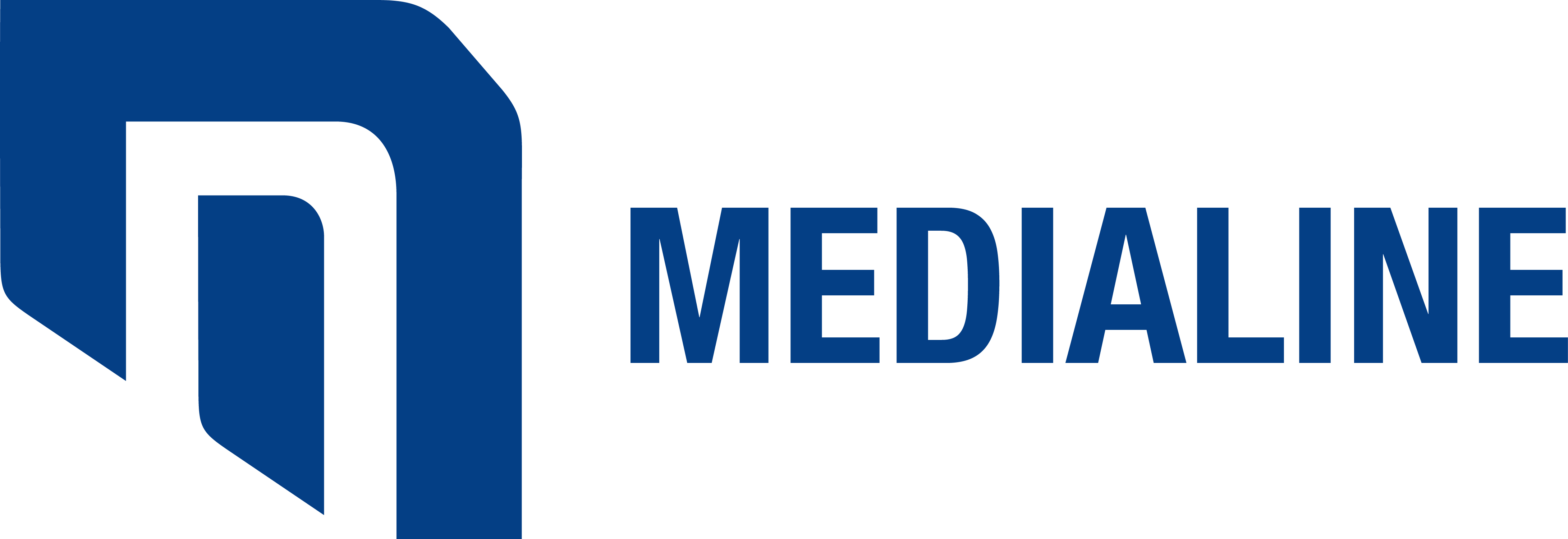Starting January 1st, 2026, Romania will implement a new road charging reform (TollRO), which will introduce distance and emissions-based tolls for trucks. Aligned with the latest European requirements under the Eurovignette Directive, the reform is expected to significantly impact the transport sector.
In this context, Eltra Logis, one of the key players in the niche logistics, transport, and warehousing market, shares its official position on the opportunities and challenges posed by the new system.
The new road toll is part of Romania’s commitments under the National Recovery and Resilience Plan (NRRP) — a strategic European initiative with direct implications for the environment, infrastructure, and national economy. Based on the “polluter pays” principle, TollRO will calculate charges based on distance traveled and the vehicle’s emissions class, contributing to emissions reduction, sustainable road transport, and motorway funding.
 “Truck tolling systems have been successfully implemented across Europe for years. Austria and Germany introduced such systems in 2005, followed by Hungary in 2013, with major updates in 2024. This trend is now expanding across the continent — Denmark announced its adoption last year, with implementation planned for 2025, followed by the Netherlands and Romania in 2026. The main benefit of these systems lies in encouraging the use of electric or low-emission trucks by applying preferential tariffs for less polluting vehicles,” said Mihai Teodorescu, Managing Director, Eltra Logis.
“Truck tolling systems have been successfully implemented across Europe for years. Austria and Germany introduced such systems in 2005, followed by Hungary in 2013, with major updates in 2024. This trend is now expanding across the continent — Denmark announced its adoption last year, with implementation planned for 2025, followed by the Netherlands and Romania in 2026. The main benefit of these systems lies in encouraging the use of electric or low-emission trucks by applying preferential tariffs for less polluting vehicles,” said Mihai Teodorescu, Managing Director, Eltra Logis.
According to simulations presented by the authorities, the financial impact on transport operators will be significant: the annual toll cost for a truck driving 100,000 km per year on highways could increase from 1,210 EUR to over 7,000 EUR — an increase of more than 500%. At the same time, passenger car tolls (rovinietă) are also expected to rise from 28 EUR to around 50 EUR.
Eltra Logis views the transition to a more modern, environmentally-friendly, and differentiated tolling system as a welcome measure, with the potential to accelerate fleet renewal and reduce CO₂ emissions in transport. If accompanied by public support policies — such as grants for purchasing electric or low-emission trucks and tax exemptions for green vehicles — this system could become a catalyst for fleet modernization, a key step in aligning Romania with European standards.
Currently, many trucks used for domestic transport are older vehicles withdrawn from international routes, often with high emissions. Smart fiscal policies could help change this reality to the benefit of all stakeholders in the industry.
The implementation of the TollRO system is expected to lead to an increase in transport costs of between 5% and 10%, with a potential impact on the entire supply chain and, consequently, on final consumer prices. There are also uncertainties about its effects on transit traffic, especially for trucks coming from countries like Turkey, Bulgaria, or Greece. Although Romania’s entry into the Schengen Area offers a competitive advantage, the new charges might prompt some transport operators to opt for alternative routes through Serbia or other neighboring countries.
“Eltra Logis is committed to actively engaging in constructive dialogue with authorities and industry stakeholders to ensure the balanced and effective implementation of the TollRO system, without harming the competitiveness of Romanian transport operators. We believe that a clearly defined and predictable transition period is essential, along with support measures for carriers, with particular attention to small and medium-sized enterprises in the sector,” added Mihai Teodorescu, Managing Director, Eltra Logis.
The company supports the development of a sustainable and competitive transport economy, based on fair policies aligned with European standards. It will continue to invest in digitalization, operational efficiency, and strategic partnerships focused on innovation and performance, contributing actively to the modernization of the sector in the context of new road tolling regulations.



























